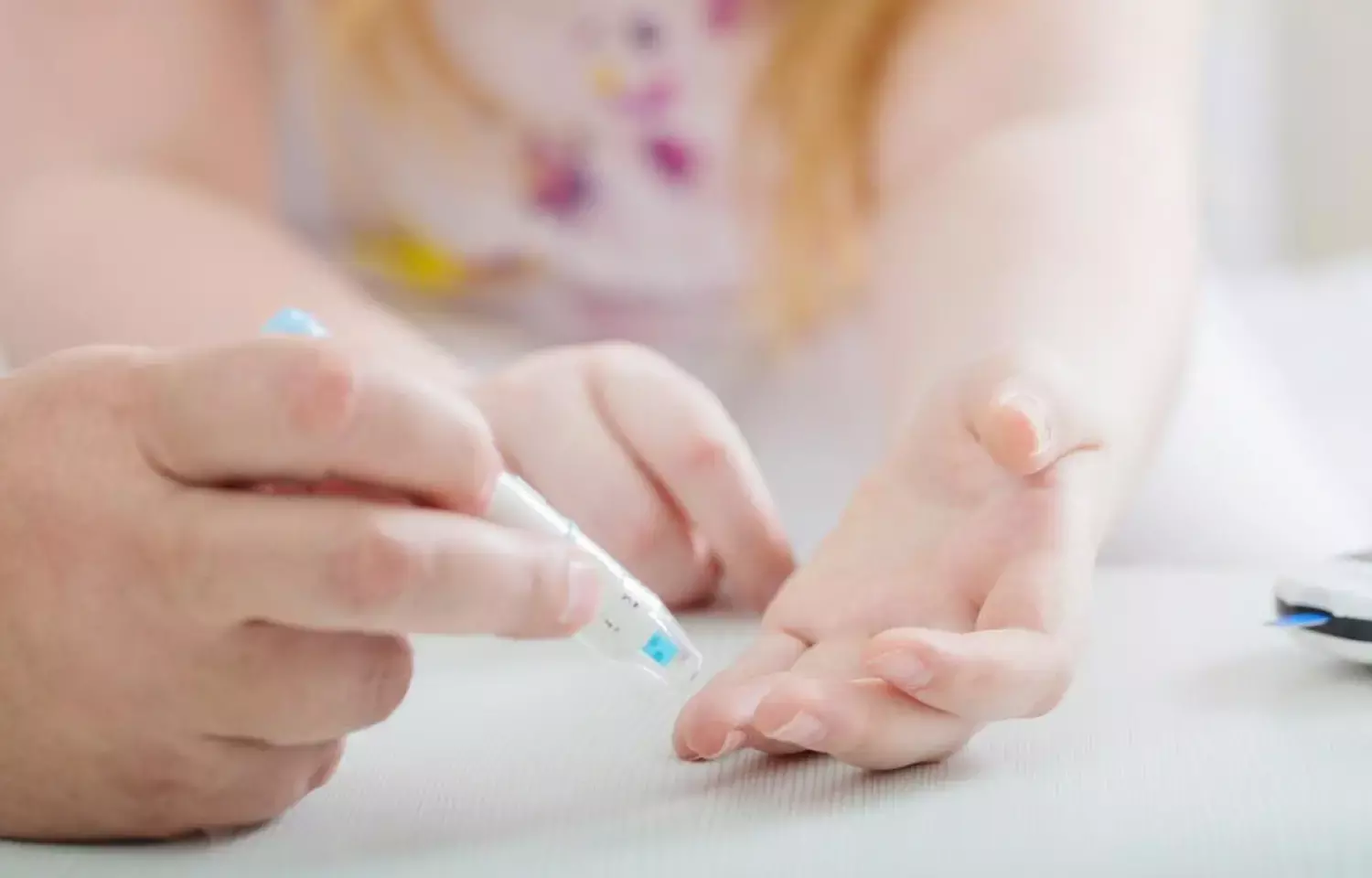- Home
- Medical news & Guidelines
- Anesthesiology
- Cardiology and CTVS
- Critical Care
- Dentistry
- Dermatology
- Diabetes and Endocrinology
- ENT
- Gastroenterology
- Medicine
- Nephrology
- Neurology
- Obstretics-Gynaecology
- Oncology
- Ophthalmology
- Orthopaedics
- Pediatrics-Neonatology
- Psychiatry
- Pulmonology
- Radiology
- Surgery
- Urology
- Laboratory Medicine
- Diet
- Nursing
- Paramedical
- Physiotherapy
- Health news
- Fact Check
- Bone Health Fact Check
- Brain Health Fact Check
- Cancer Related Fact Check
- Child Care Fact Check
- Dental and oral health fact check
- Diabetes and metabolic health fact check
- Diet and Nutrition Fact Check
- Eye and ENT Care Fact Check
- Fitness fact check
- Gut health fact check
- Heart health fact check
- Kidney health fact check
- Medical education fact check
- Men's health fact check
- Respiratory fact check
- Skin and hair care fact check
- Vaccine and Immunization fact check
- Women's health fact check
- AYUSH
- State News
- Andaman and Nicobar Islands
- Andhra Pradesh
- Arunachal Pradesh
- Assam
- Bihar
- Chandigarh
- Chattisgarh
- Dadra and Nagar Haveli
- Daman and Diu
- Delhi
- Goa
- Gujarat
- Haryana
- Himachal Pradesh
- Jammu & Kashmir
- Jharkhand
- Karnataka
- Kerala
- Ladakh
- Lakshadweep
- Madhya Pradesh
- Maharashtra
- Manipur
- Meghalaya
- Mizoram
- Nagaland
- Odisha
- Puducherry
- Punjab
- Rajasthan
- Sikkim
- Tamil Nadu
- Telangana
- Tripura
- Uttar Pradesh
- Uttrakhand
- West Bengal
- Medical Education
- Industry
Increase in Incidence of type 1 diabetes in children during the Covid-19 pandemic

During the COVID-19 pandemic, more children and adolescents newly developed type 1 diabetes than in previous years. This is shown by a recent study of the DZD, the University of Giessen and the University of Ulm with co-authors from other centers in Germany, based on the data of the multicenter German Diabetes Prospective Follow-up Registry (DPV*).
The aim of this study was to investigate the incidence of type 1 diabetes in children and adolescents during the COVID-19 pandemic in Germany in comparison to previous years. For this purpose, the researchers recorded the children and adolescents aged between six months and under 18 years newly diagnosed in Germany for the period from January 1, 2020 to June 30, 2021. During this period, 5,162 children and adolescents with new-onset T1D were registered in the DPV. This corresponds to an incidence of 24.4 per 100,000 patient-years. Using Poisson regression models, the researchers determined the expected incidence for 2020/21 from data from 2011 to 2019 to be only 21.2, meaning that the observed incidence during the Corona pandemic was significantly higher than the expected incidence (24.4 [95% CI 23.6-25.2] vs. 21.2 [20.5-21.9]; incidence rate ratios (IRR) 1.15 [1.10-1.20]; P < 0.001).
New cases increased particularly in June 2020 (IRR 1.43 [1.07-1.90]; P 5 0.003), July 2020 (IRR 1.48 [1.12-1.96]; P < 0.001), March 2021 (IRR 1.29 [1.01-1.65]; P 5 0.028), and June 2021 (IRR 1.39 [1.04-1.85]; P 5 0.010). "Type 1 diabetes incidences increased with a delay of about three months after the COVID-19 incidence waves as well as after the pandemic containment measures," reported last author and DZD scientist Prof. Reinhard W. Holl of the University of Ulm. However, the underlying causes for the rise in T1D incidence are still unknown, the researchers emphasize. They consider the increase to be an indirect consequence of the pandemic rather than directly triggered by COVID infection.
10.2337/dc21-0969
Hina Zahid Joined Medical Dialogue in 2017 with a passion to work as a Reporter. She coordinates with various national and international journals and association and covers all the stories related to Medical guidelines, Medical Journals, rare medical surgeries as well as all the updates in the medical field. Email: editorial@medicaldialogues.in. Contact no. 011-43720751
Dr Kamal Kant Kohli-MBBS, DTCD- a chest specialist with more than 30 years of practice and a flair for writing clinical articles, Dr Kamal Kant Kohli joined Medical Dialogues as a Chief Editor of Medical News. Besides writing articles, as an editor, he proofreads and verifies all the medical content published on Medical Dialogues including those coming from journals, studies,medical conferences,guidelines etc. Email: drkohli@medicaldialogues.in. Contact no. 011-43720751


